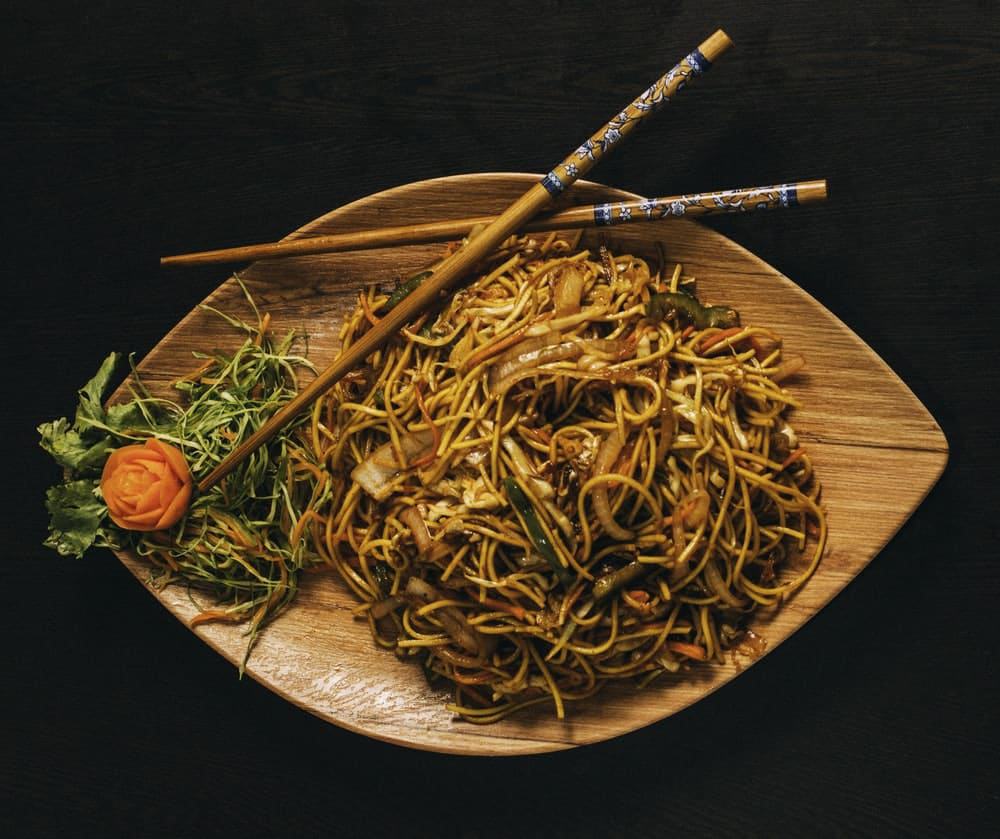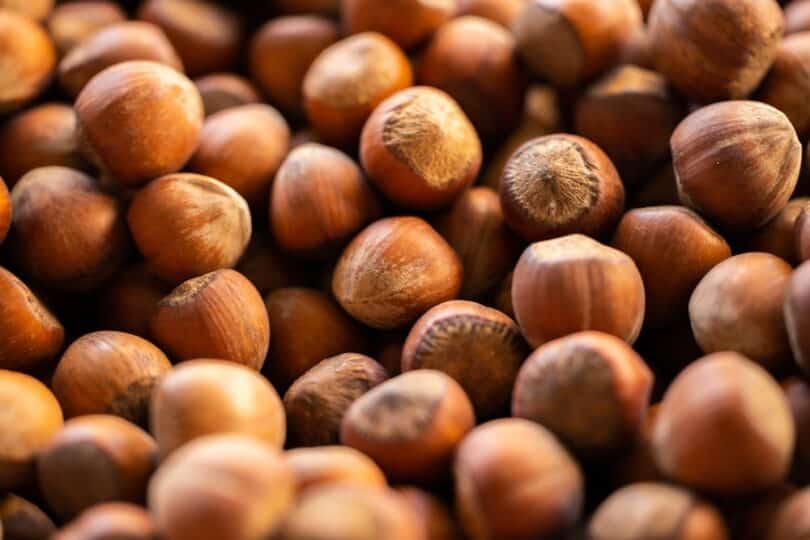Most humans love noodles, and most pet owners love to share their food with their furry friends. Not all food is meant to be shared, except a few items. So, can dogs eat noodles?
Description of Noodles
Noodles are a type of food made from wheat flour, water, and salt. They are typically boiled or fried and can be served with a variety of sauces, vegetables, and meats. Noodles are a staple food in many cultures, and their popularity has spread to other parts of the world in recent years.
Noodles are a good source of carbohydrates and protein, and they contain vitamins and minerals such as iron and B vitamins. They are low in fat and calories, making them a healthy option for people looking to lose weight or maintain a healthy weight.
While noodles have many nutritional benefits, they can also be high in sodium if they are packaged with flavorings or other additives. It is important to read the nutrition labels on noodles to determine their sodium content.
Noodles can be a part of a healthy diet only if they are eaten in moderate amounts and combined with other nutritious foods. When choosing noodles, look for those made from whole wheat flour or brown rice flour, which are higher in fiber than white flour noodles. Be sure to check the nutrition label to see how many calories and grams of fat are in a serving, and pair noodles with lean protein and vegetables to make a balanced meal.
Can Dogs Eat Noodles?
Yes, dogs can eat noodles. Noodles are a source of carbohydrates, protein, and vitamins and minerals such as iron and B vitamins. They are low in fat and calories, making them a healthy option for dogs. However, noodles can contain some harmful ingredients, especially in the form of added flavorings. It is important to go through the ingredients on the packaging to determine what each packet contains.
When choosing noodles for your dog, look for those made from whole wheat flour or brown rice flour, which are higher in fiber than white flour noodles. Be sure to check how many calories and grams of fat are in a serving, and pair noodles with lean protein and vegetables to make a balanced meal for your dog. If you have any concerns about feeding your dog noodles, talk to your veterinarian.
Benefits of Noodles For Dogs
Noodles are a good source of carbohydrates, protein, and vitamins and minerals such as iron and B vitamins. They are low in fat and calories, making them a healthy option for dogs. Noodles can help to maintain a dog’s energy levels and promote a healthy coat and skin.
Iron is an essential mineral for dogs. It is necessary for the production of hemoglobin, which carries oxygen in the blood. Iron is also needed for proper metabolism and energy production. A lack of iron can lead to anemia and other health problems.
B vitamins are a group of water-soluble vitamins that are important for various body processes. They play a role in energy production, metabolism, and the health of the nervous system. B vitamins are found in many foods, including meat, poultry, fish, eggs, and dairy products. Some B vitamins are also added to commercial dog foods.
Noodles are also a good source of fiber, which can help to regulate a dog’s digestive system. Dietary fiber is an important component of a healthy diet for both people and pets. For dogs, fiber can help with everything from weight management to digestive health. While there are two types of dietary fiber, insoluble and soluble, insoluble fiber is particularly important for dogs.
However, it is important to start with small amounts of noodles and increase the amount gradually to avoid any gastrointestinal upset. If your dog does not have a history of eating noodles, it is best to introduce them slowly into their diet.
Harmful Effects of Noodles On Dogs
While noodles are generally safe for dogs to eat, there are some harmful effects that can occur if they eat too many. Noodles are high in carbohydrates and can cause weight gain if dogs eat them in large quantities. Additionally, the added flavorings in some noodles can be toxic to dogs. It is important to read the ingredients on the packaging to determine what each packet contains.
If you are concerned about your dog eating too many noodles, talk to your veterinarian. They can help you create a balanced diet for your dog that includes appropriate amounts of all the nutrients they need.

Dogs should not eat noodles as their only source of nutrition. Noodles do not contain all of the essential nutrients that dogs need to stay healthy. Dogs need a balance of protein, fat, carbohydrates, vitamins, and minerals in their diet.
Most vets recommend that noodles should only be used as treats and not as a regular part of your dog’s diet. If you have any concerns about feeding your dog noodles, talk to your veterinarian. They can help you create a healthy diet for your dog that meets all of their nutritional needs.
How To Prepare Noodles For Your Dog?
If you want to feed your dog noodles, it is important to prepare them properly. Noodles should be cooked until they are soft and easy to chew. Do not add any salt, fat, or spices to the noodles. These can be harmful to dogs.
After cooking the noodles, let them cool before giving them to your dog. You can also mix the noodles with some wet food or broth to make them more palatable. Start with a small amount of noodles and increase the amount gradually over time.
Our Final Thoughts
Dogs are not only able to eat noodles, but they can also benefit from them. Noodles are a good source of fiber and vitamins, which can help with various health problems. Additionally, noodles are low in fat and calories, making them a healthy snack for dogs. While it is important to start with small amounts of noodles and increase the amount gradually, dogs should not eat noodles as their only source of nutrition. A balanced diet is still necessary for dogs.
If you would like to feed your dog noodles, it is important to cook them properly and make sure that they are soft and easy to chew. Do not add any salt, fat, or spices to the noodles, as these can be harmful to dogs. After cooking the noodles, let them cool before giving them to your dog. You can also mix the cooled noodles with some wet food or broth to make them more palatable.

















